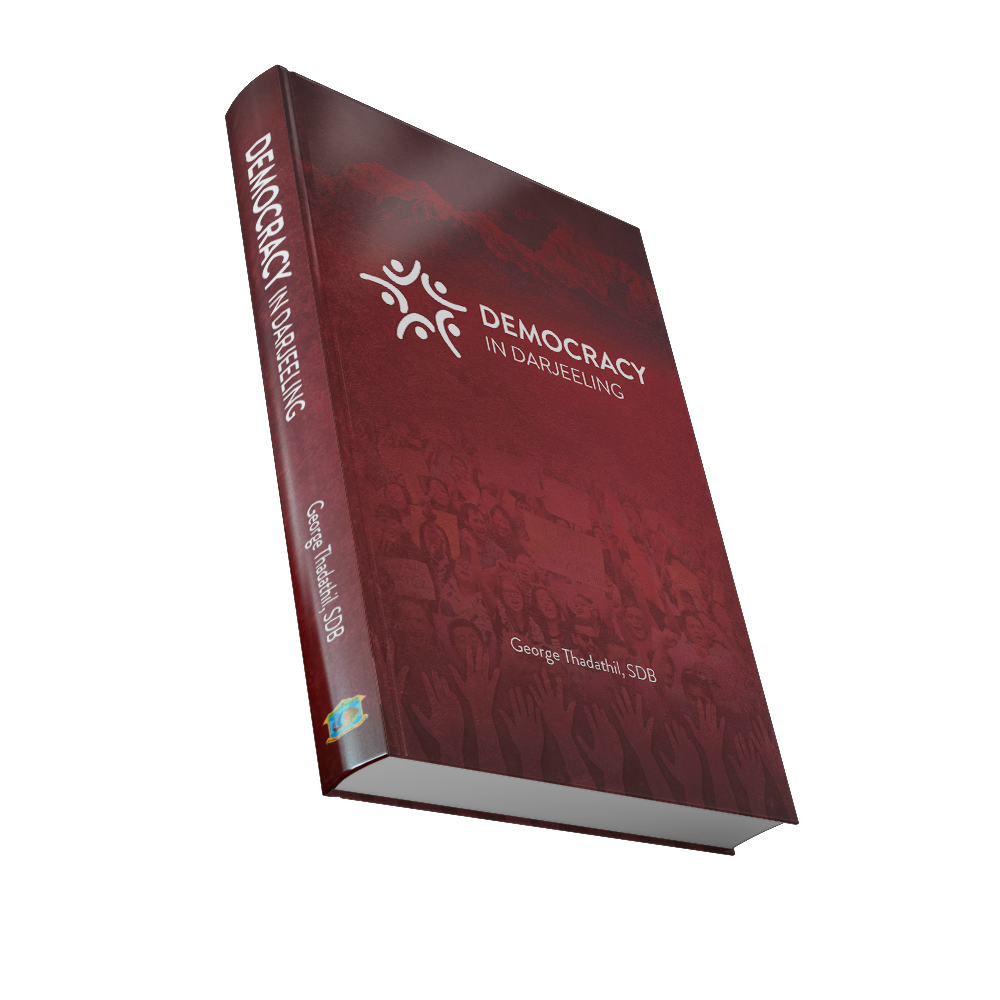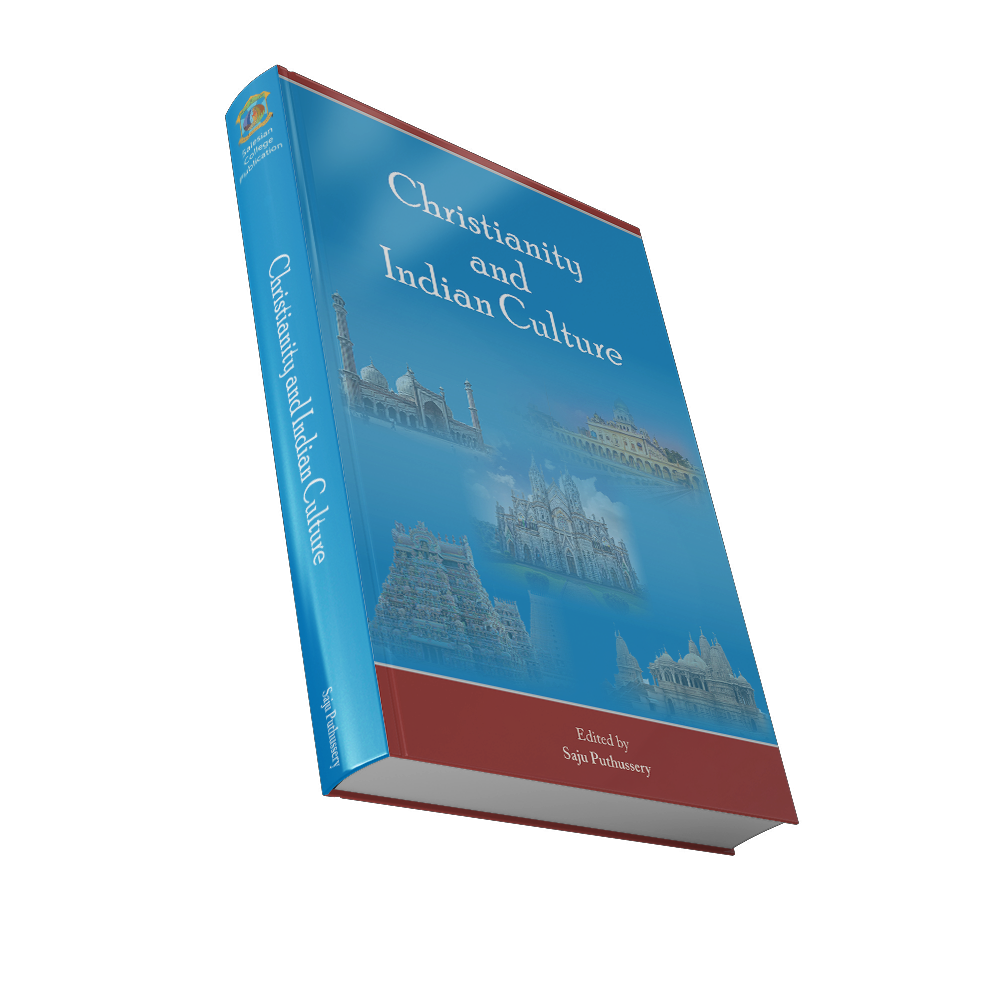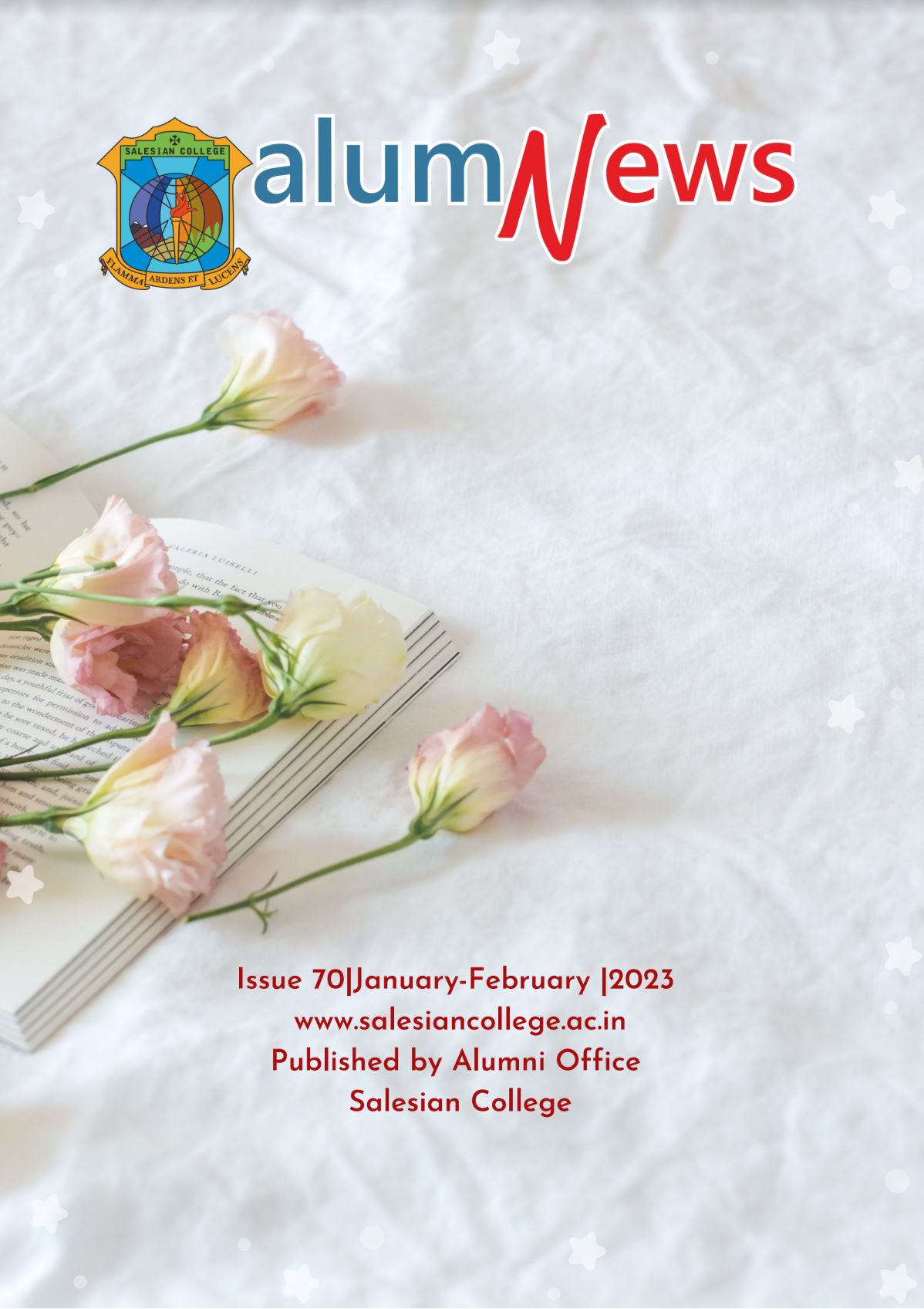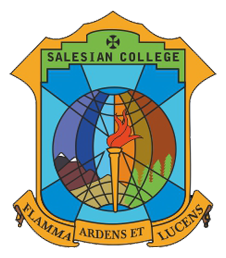History shows that towering personalities leave behind such complex legacy that they are susceptible for conflicting interpretations from different sides. This is what happened also to Sri Narayana Guru, who originated both religious reform and significant social transformation in Kerala in late-nineteenth-early-twentieth century. The present work goes into an interpretation of the thought of the Guru by one of his most discerning disciples-Sri Nitya Chaitanya Yati- and unfolds his creative interpretation of the master, backed with all his deep experience and astounding scholarship. Chaitanya Yati develops the heritage of his Guru more in a philosophical vein, whereas many others have opted for an interpretation leading to engaging political praxis. The significant of the present work could be captured from three different angles. First of all it tells us how the religious resources of a subaltern people like the Izhavas could serve as an important instrument for the identify-formation of the community, its cultural consciousness and its emancipation. Secondly, the work is a contribution to the study of religious hermeneutics. George Thadathil traces the trajectory of interpretation which highlights the continuous reformulation and re-fashioning of the basic vision of Sri Narayana Guru through the study of the literary works of Yati. Thirdly, this work is a significant contribution to inter-religious understanding and harmony. In these times of communal conflict, the vision the Narayana Guru tradition, as interpreted by Nitya Chaitanya Yati, has the capacity for cementing relationship with other faiths and communities.
About the Author
George Thadathil SDB is presently the principal of Salesian College, Sonada-Siliguri, Darjeeling, affiliated to North Bengal University. He completed his doctorate from the School of Religion and Philosophy, University of Madras, making a study on Sri Narayana Guru Movement in Kerala. He was a Junior Fellow, Indian Council of Philosophical Research during the period 1998-2000 and is currently also the Head of the Department of Philosophy in the college where he works. He is also the president of the AIACHE and has won national and international recognition for his scholarship and academic innovation in Higher Education.









